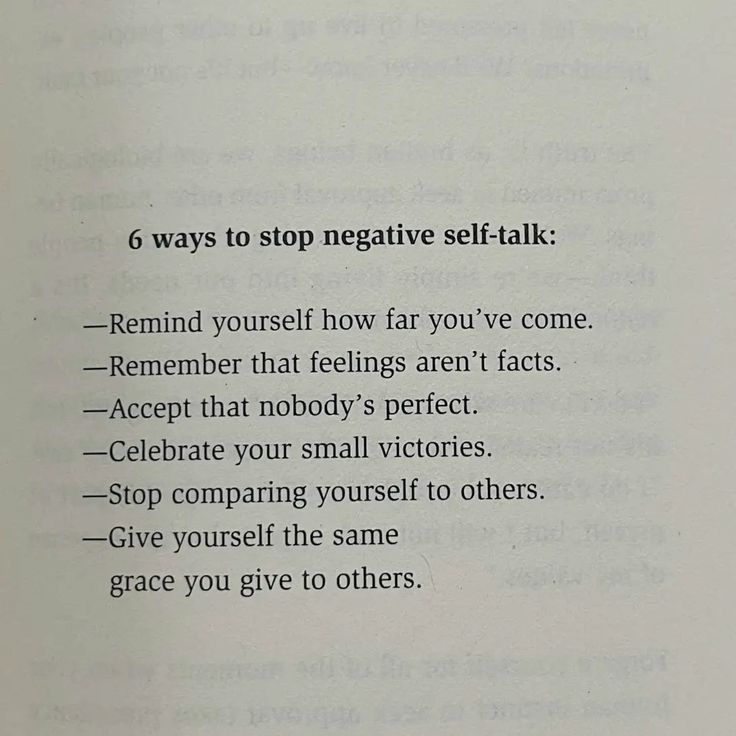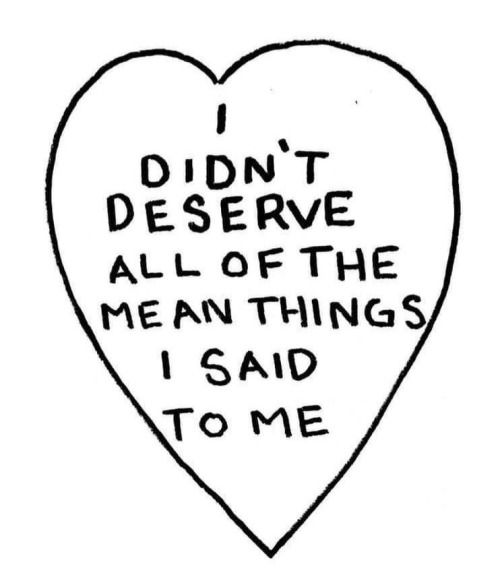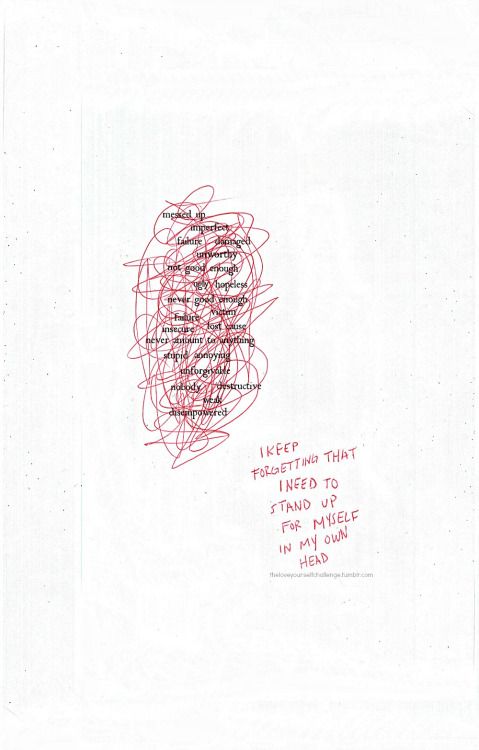“I recently heard a story about a woman who asked her ‘inner critic’ to retire. The ‘inner critic’ being that self-critical voice that pipes up under the guise of protecting me from failure or pushing me to be better. Inspired by this idea, I bought my ‘inner critic’ a retirement gift — something tangible I can see or hold in my hands — so that when the doubting, perfectionist voice speaks up I can gently remind her she’s been retired, and show her the small of token of appreciation I bought as proof. Shifting my focus from anxiety to gratitude.”
Claudia Dawson
“Part X is the judgmental part of you, the antisocial part of you. It’s an invisible… force that wants to keep you from changing or growing. It wants to block your evolution. It wants to block your potential. Part X is the voice of impossibility. Whatever it is you think you need to do, it’s gonna tell you that’s impossible.”
Phil Stutz, Stutz
“All that is beautiful and all that is good and all that is divine can be felt only by the inner sense. Stop being influenced by people’s opinions. Rather, start looking in… allow your inner sense to say things to you. Trust it. If you trust it, it will grow. If you trust it, you will feed it, it will become stronger.”
Osho, Courage (Page 106)
Mark Divine Quote on The Art Of Positive Thinking
“The art of positive self-talk is simply paying attention to your inner dialogue and directing it toward positive, performance-based language. Most people don’t take the time to sit back and witness their own thoughts, which is an essential step toward realizing that our thoughts are not who we are. They don’t control us. They’re just thoughts. The only power they have is what we give them—what we feed them. Once you create that mental distance between you and your thoughts, you can start to tame and manage them.”
Mark Divine, The Way of the Seal
Beyond the Quote (28/365)
The difference between false-positivity and performance-based positivity is in the types of actions each inspire you to take. In the first, you put a happy face on, you mask your emotions, and you distract yourself from the real problems with positive thinking—it’s a diversion and is nothing more than an avoidance strategy that leads to inaction. In the second, positivity is looked at as a strategy that can be deployed and used to best deal with tough situations or emotions that are at hand. Because if we’re going to deal with the situation(s) regardless (given that you’re not going to bury your head in the sand) we might as well do it from a place where we are mentally at our best.
Read More »Mark Divine Quote on The Art Of Positive ThinkingDavid Goggins on Overcoming Self Doubt and Unapologetically Chasing Your Dreams [Excerpt]
Excerpt: The following is an excerpt from Can’t Hurt Me. In it, David Goggins talks about overcoming self doubt and unapologetically chasing your dreams.
Read More »David Goggins on Overcoming Self Doubt and Unapologetically Chasing Your Dreams [Excerpt]





![David Goggins on Overcoming Self Doubt and Unapologetically Chasing Your Dreams [Excerpt]](https://movemequotes.com/wp-content/uploads/2019/06/IMG_5780-930x620.jpg)
